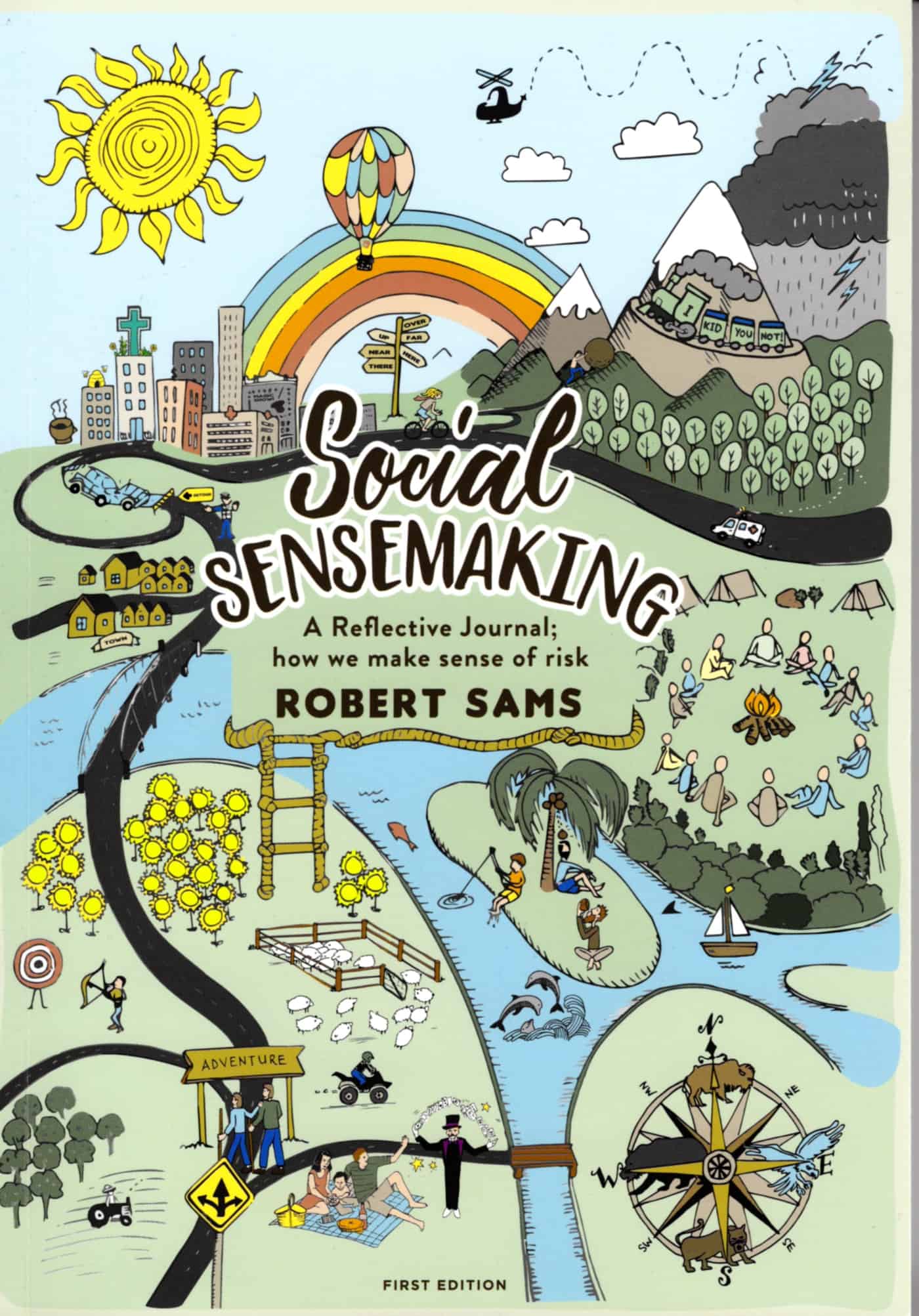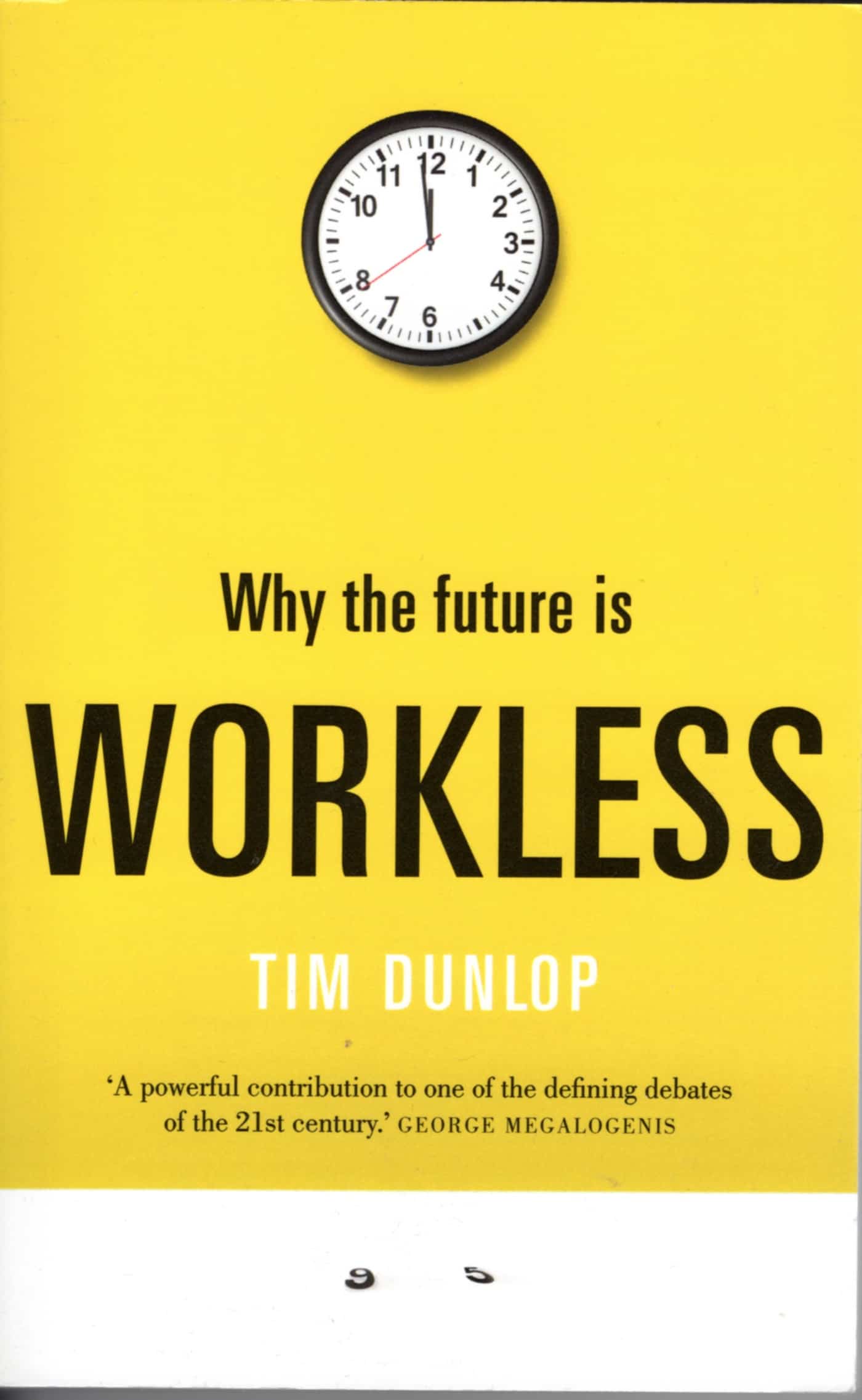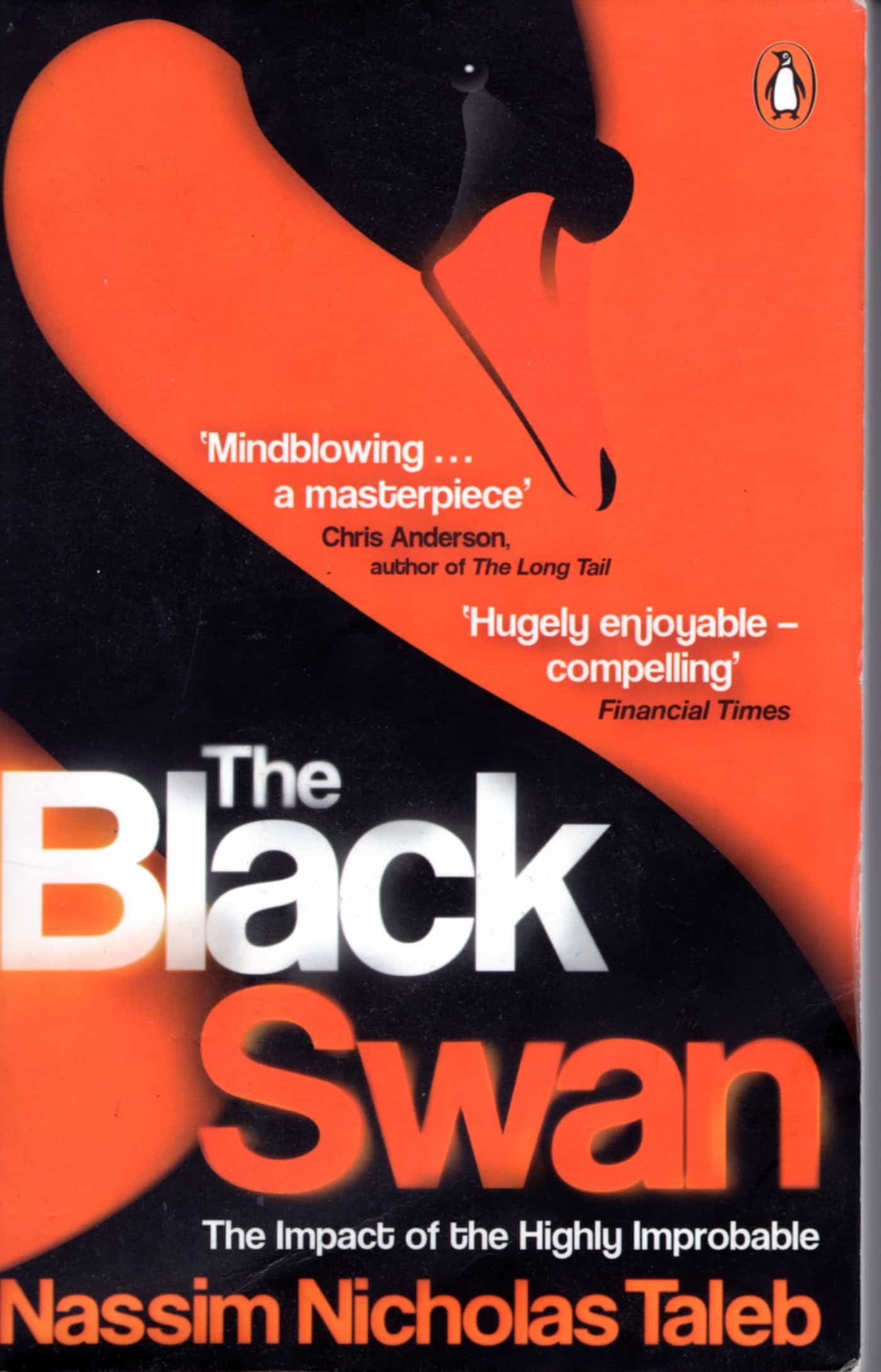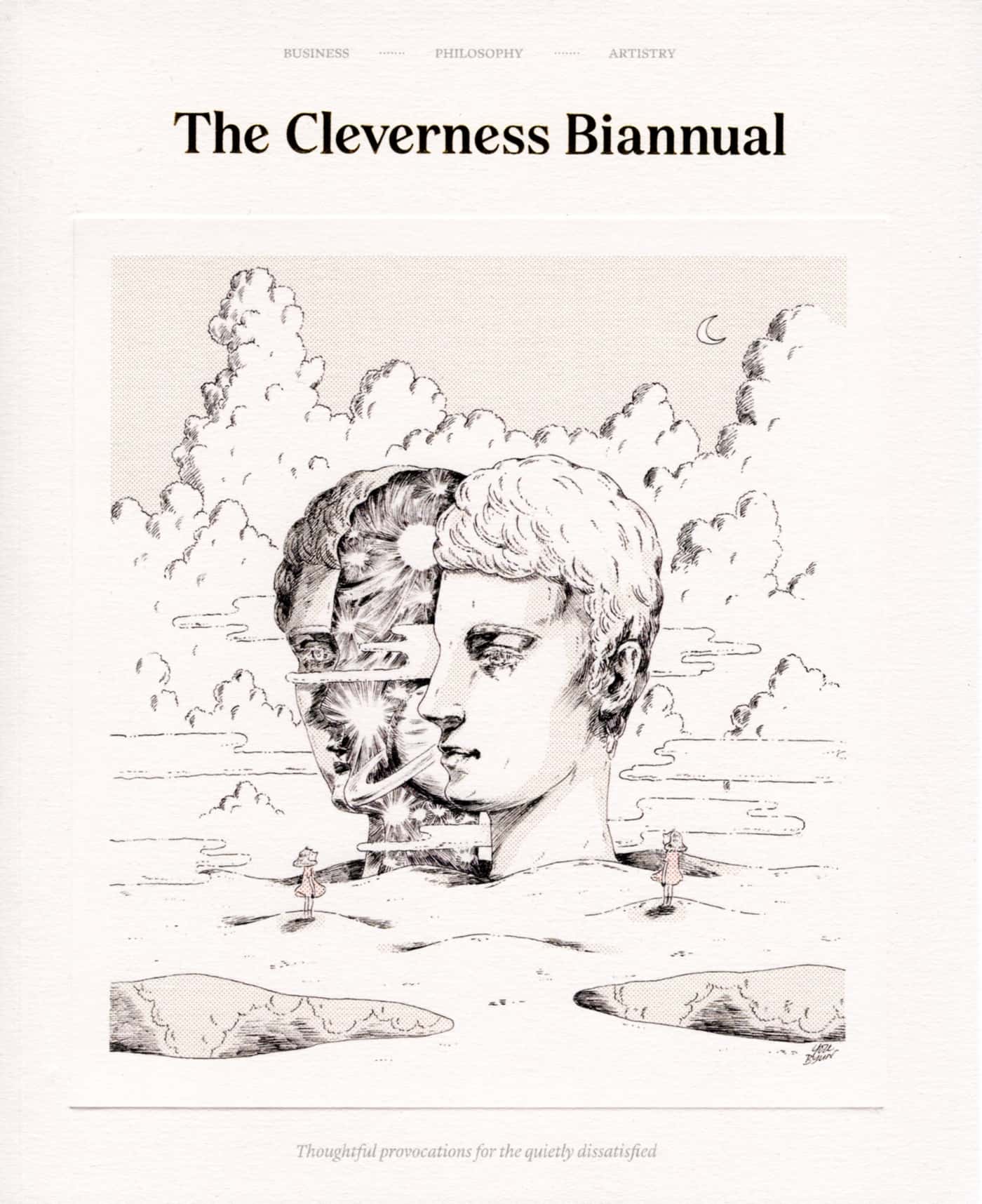 The media is full of lists of Christmas reading, usually in order to sell books. Below is a selection of the safety-related books that are in my Summer reading pile. (No, I am not going to list the Batman comics or Star Trek books. That would be embarrassing.)
The media is full of lists of Christmas reading, usually in order to sell books. Below is a selection of the safety-related books that are in my Summer reading pile. (No, I am not going to list the Batman comics or Star Trek books. That would be embarrassing.)
I first met Robert Sams at a book launch of one of the Rob Long’s books. Sams’ approach to risk has some similarity to Long’s, which is acknowledged in the Forewards, but those who develop or apply a theory are often more interesting than those who created the theory. The the format of the book is a “reflective journal” also makes this nook more intriguing. It is part diary, part blog, part journal but above all it is a journey of learning with the occasional epiphany.
 I am not a fan of self-published books as they are often vanity projects or poorly edited by Sams’ book looks to have avoided these traps.
I am not a fan of self-published books as they are often vanity projects or poorly edited by Sams’ book looks to have avoided these traps.
Every couple of months in Australia there seems to be a seminar or conference about the future of work. I can’t get to many of them so I picked Tim Dunlop‘s to help me understand how to target my business and to find out how my children will be working. I also want to understand the role of automation in the future and its impact on safety.
An Economy Is Not A Society: Winners and Losers in the New Australia
Dunlop’s book will also complement a book I have been thinking of for some time since reading a review last year. Dennis Glover grew up in Doveton, the suburb next to my own, Dandenong. He writes about places, factories and companies that I remember very well even though my parents did not work in the Holden automotive factory or Heinz or International Harvester. They were less skilled and worked as storemen or on production lines or in staff canteens.
Glover’s analysis of the personal and societal cost of economic decisions resonates with me and supports my thoughts on the total cost of workplace injury needing to include these personal and societal costs. His book fits in the tradition of Michael Moore’s approach in Roger & Me and I am sure there is an English equivalent somewhere.
 I’ve been dipping into an e-book of this on my phone when I am in the toilet and there is only so much one can read before feeling guilty about avoiding desk work so I am looking forward to reading this with a different posture and more comfort.
I’ve been dipping into an e-book of this on my phone when I am in the toilet and there is only so much one can read before feeling guilty about avoiding desk work so I am looking forward to reading this with a different posture and more comfort.
A friend recommended this book to me. I am not a fan of self-help or self-realisation books but my friend has urged me to read this with an open mind. I am hoping to understand more about entrepreneurship and, in the context of occupational health and safety (OHS), the contemporary approaches to leadership.
What will challenge my open mind is that the book ends with a discussion on a forty week training program. But I must not become an old cynic on new ideas and perspectives. Wish me luck.
I have never been comfortable with the discussions about the application of Black Swan thinking to safety since it was the word de jour of a rail safety conference a couple of years ago. But I managed to find a secondhand copy of Nassim Taleb‘s book (at the excellent Federation Square Book Market in Melbourne) and have pledged to look at the source of many of the claims and usage.
I am not clear on Taleb’s theory or perspective as I have only heard it explained through others who often have their own agendas. It is time to go to the source and try to see the relevance for myself.
I might have to find a book on neuroplasticity, a concept that many OHS conference speakers have spruiked but comes across as sinister.
Private Playground: journeys through law
The author, A J Waheed, contacted me through LinkedIn and explained to me what this book was about. Here’s part of the blurb:
“Who’s really in charge at today’s law firms? Are the guardians of the law now putting profit above their people? And profit before morals? Why has the Middle East become a playground for the legal elite? How can you go from being a high-flyer one day to being thrown under a bus the next? And can you really lose your job over an innocuous email?
The financial crisis of 2008 has changed the nature of the world’s largest law firms. As firms globalise, has the power of partners given way to the rise of the senior management team? A trend that, at times, has produced the real ‘silent killer’ of the legal profession.
In Private Playground, AJ Waheed provides a critical analysis of these developments, along with an overview of the current legal world and describes how and why it’s changed……”
I have spoken to several safety people who have worked in the Middle East and who relate very different experiences from there. Waheed’s book seemed a curious entry into professional work in that region so I invested in the e-book.
PeopleWork – The Human Touch in Workplace Safety
I follow Kevin Burns’ blog which mentions this new book. There seemed to be some parallels to the new thinking about OHS that originated, largely, in Australia and which is being spread internationally by a small group of advocates but as Burns is Canadian, I thought his perspective may contrast well with the Australian.
Lastly (except for Batman and Jean-Luc Picard) I purchased Dr Jason Fox‘s boutique magazine for thinkers, The Cleverness. It is a bi-annual so it makes the expense a little less painful.
I have been watching Dr Fox for some time and was able to hear him speak at a safety conference earlier this year.
Fox has a steam-punk hipster aesthetic which can be off-putting but his fresh perspective on leadership, work and innovation deserves attention and part of the reason he was invited to speak at the safety conference was for the challenges his thoughts have for the OHS profession. I have not read his book The GameChanger and thought his magazine would be more interesting as he is the editor with many contributors and voices.
The format is lovely and the variety of content is intriguing. We’ll see how good it is in January.
That’s my safety-ish reading list for Summer. I’d love to hear of your safety reading lists and any new books that I’ve missed.



Thanks for this list and the reviews, I’ve added a few of the books to my shopping list! Social Sensemaking intrigued me, not only the content but the format sounds so different and engaging that I ordered two straight away (I’m anticipating it will start conversations, so a spare copy to give someone felt like an appropriate ‘Social Sensemaking’ thing to do).
Team of teams is an interesting read and worth a dabble…
I just checked out the contents list of the Cleverness Bi-annual and it made my head hurt.
Maybe I’m too old to work on new constructs????
Les, it could be a step change in the paradigms of behavioural economics and self-realisation. 🙂 I don’t know yet as I haven’t started reading but the magazine contains poetry, photography and ruminations. Hopefully suitable for a lazy Summer afternoon.
Social Sensemaking by Rob Sams is an excellent choice but then I am very biased in that regard – a very easy read